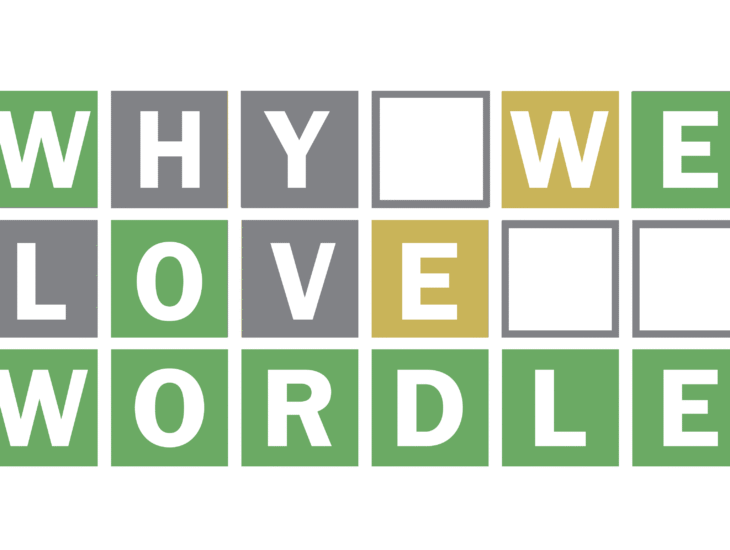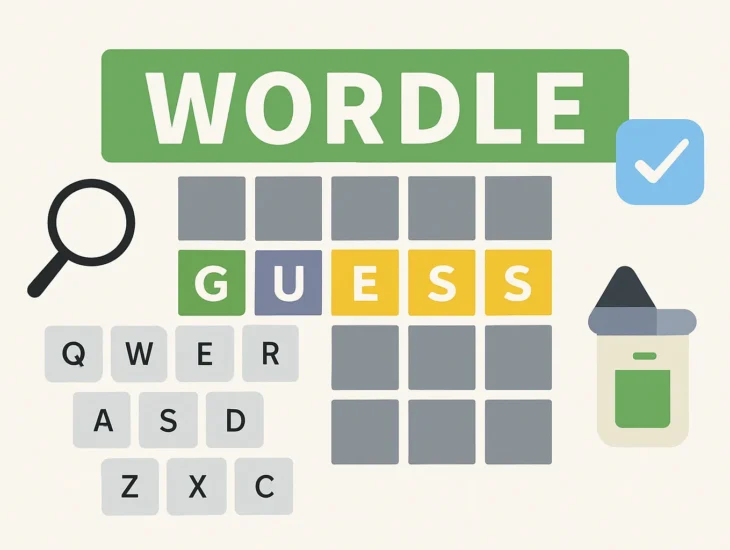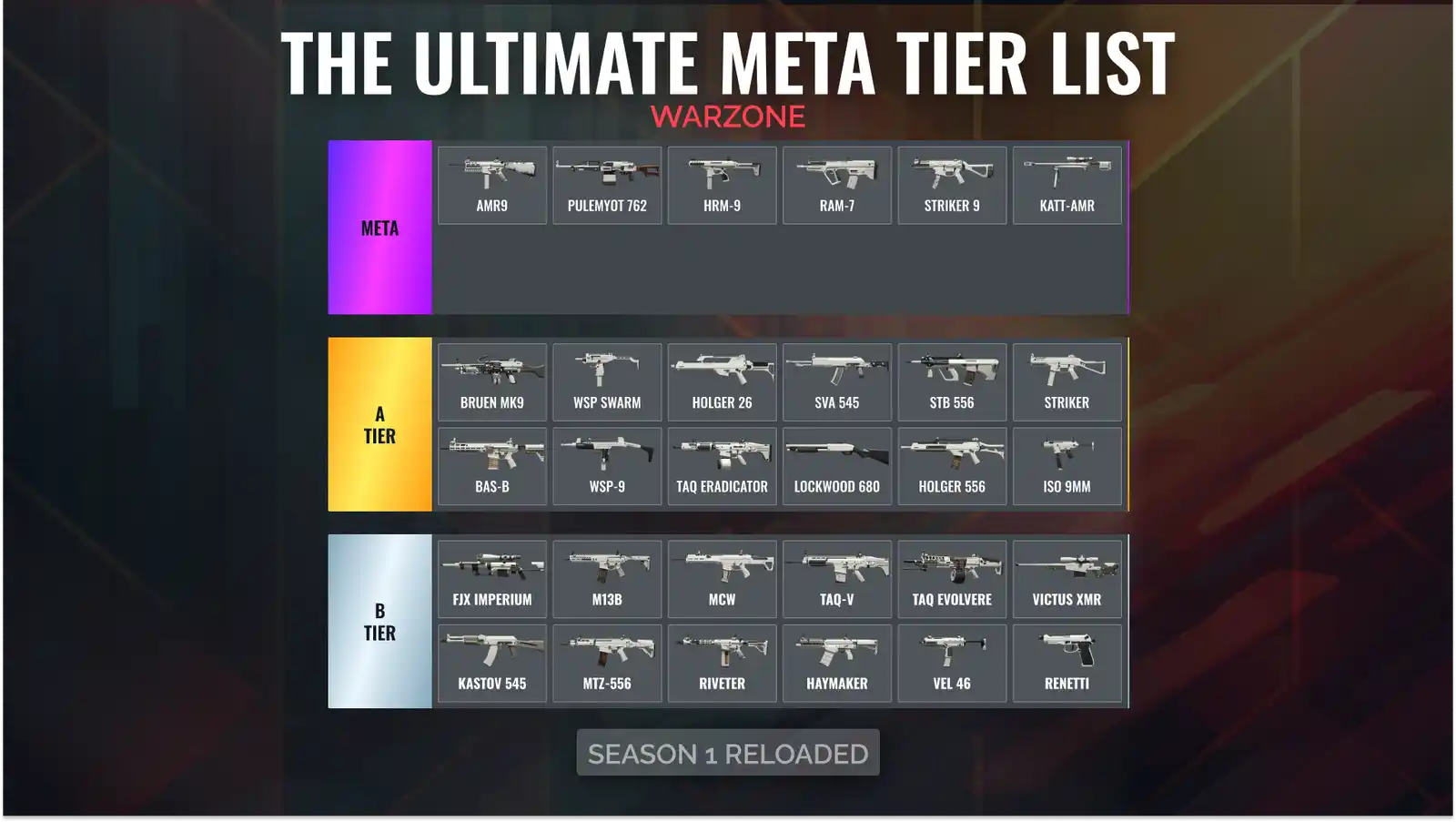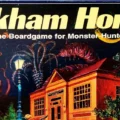Stuck on today’s Wordle? Feeling like you’re just guessing and hoping for the best? You’re not alone! Millions of people play Wordle daily, and let’s be honest, sometimes those five little boxes can feel like an insurmountable challenge.
But what if I told you there are strategies you can use to crack the code faster? This article is packed with Wordle tips to solve puzzles faster, turning you from a frustrated guesser into a Wordle whiz. We’ll cover everything from starting words to advanced deduction techniques, so get ready to level up your Wordle game!
Why You’re Struggling with Wordle (and How to Fix It)
Wordle might seem simple, but it’s a game of strategy and information gathering. Many players fall into common traps that hinder their progress. Let’s identify these pitfalls and learn how to avoid them.
Common Wordle Mistakes
Random Guessing: Starting with a different random word each day is a recipe for disaster. You’re not building on previous information.
Ignoring Yellow Letters: A yellow letter means it’s in the word, just not in the right spot. Don’t forget to reposition them!
Reusing Gray Letters: Gray letters are out of the equation. Stop wasting guesses on them!
Using Uncommon Words: While Wordle accepts some obscure words, focusing on common vocabulary is generally more effective.
The Foundation of Faster Wordle Solving: Strategic Starting Words
Your first word is crucial. It sets the stage for the rest of the game. A good starting word contains common vowels and consonants.
Popular Choices: “ADIEU,” “AUDIO,” “TEARS,” “IRATE,” and “ARISE” are popular choices because they cover a wide range of common letters.
Why They Work: These words maximize your chances of revealing green or yellow letters early on.
Beyond the Obvious: Don’t be afraid to experiment with other words that fit your personal vocabulary and strategic preferences.
Pro-Level Wordle Tips to Solve Puzzles Faster

Ready to take your Wordle game to the next level? These advanced techniques will help you analyze clues, eliminate possibilities, and narrow down the solution.
Mastering the Art of Letter Frequency
Some letters appear more frequently in the English language than others. Knowing these frequencies can guide your guesses.
The Most Common Letters: E, T, A, O, I, N, S, H, R, D, L, U are the most frequent letters.
How to Use This Knowledge: Prioritize words that contain these letters, especially in the early guesses.
Adjusting for Context: As you eliminate letters, adjust your strategy based on the remaining possibilities.
Using Patterns and Common Word Structures
English words often follow predictable patterns. Recognizing these patterns can help you fill in the blanks.
Common Digraphs: “CH,” “SH,” “TH,” “PH,” and “WH” are common two-letter combinations.
Common Endings: “-ED,” “-ING,” “-LY,” and “-ER” are frequent word endings.
Vowel Placement: Pay attention to vowel placement. Words rarely have three vowels in a row.
The Power of Process of Elimination
Wordle is a game of deduction. Each guess provides valuable information that helps you eliminate possibilities.
Systematic Elimination: Actively cross off eliminated letters in your mind or on paper.
Consider All Possibilities: Before making a guess, think about all the possible words that fit the available clues.
Don’t Be Afraid to “Waste” a Guess: Sometimes, using a guess to test multiple possible letter positions is a worthwhile strategy.
Utilizing Wordle Solver Tools (With Caution)
There are many online Wordle solver tools that can assist you in finding the answer. However, use them with caution.
How They Work: These tools take your known letters and positions and suggest possible words.
The Risk of Spoilers: Over-reliance on solvers can diminish the enjoyment of the game.
Using Them Strategically: Consider using solvers only when you’re truly stuck, as a last resort.
Advanced Wordle Strategies for Expert Players
These strategies require more experience and a deeper understanding of the game. Implement them gradually as you become more comfortable with the basics.
Double Letter Strategies
Double letters are more common than you might think. Don’t be afraid to explore words with repeating letters.
Looking for Doubles: If you have a letter that’s not in the correct position, consider if it could be a double letter.
Common Double Letter Words: Words like “LLAMA,” “JELLY,” and “HAPPY” are good examples.
Testing Doubles Early: If you suspect a double letter, try to test it in your next guess.
Considering Rare Letters
While focusing on common letters is important, don’t completely ignore the less frequent ones.
The Less Common Letters: J, Q, X, and Z are less common but can still appear in Wordle.
When to Consider Them: If you’ve eliminated many common letters and are still struggling, consider these rarer options.
Strategic Placement: Think about where these letters are most likely to appear in a word.
Analyzing Previous Guesses
Each guess provides a wealth of information. Take the time to analyze your previous guesses and extract every possible clue.
Reviewing Your Guesses: Before making your next guess, review your previous attempts.
Identifying Patterns: Look for patterns in the green and yellow letters.
Adjusting Your Strategy: Based on your analysis, adjust your strategy accordingly.
The Psychology of Wordle: Avoiding Mental Blocks
Sometimes, the biggest obstacle to solving Wordle is your own mind. Learn how to avoid mental blocks and stay focused.
Staying Calm and Focused
Wordle can be frustrating, especially when you’re running out of guesses. It’s important to stay calm and focused.
Taking Breaks: If you’re feeling stressed, take a break and come back to the puzzle later.
Avoiding Distractions: Find a quiet place where you can concentrate.
Maintaining a Positive Attitude: Believe that you can solve the puzzle!
Avoiding Confirmation Bias
Confirmation bias is the tendency to favor information that confirms your existing beliefs. Be aware of this bias and avoid letting it cloud your judgment.
Being Open to New Ideas: Be willing to consider possibilities that you haven’t thought of before.
Challenging Your Assumptions: Question your assumptions about the word.
Seeking Alternative Perspectives: If you’re stuck, ask a friend for help.
Developing a Wordle Routine
Creating a consistent Wordle routine can help you approach the game in a more systematic and effective way.
Setting Aside Time Each Day: Choose a time each day when you can focus on Wordle without distractions.
Following a Consistent Strategy: Use the same starting word and approach each day.
Tracking Your Progress: Keep track of your wins and losses to see how you’re improving.
Conclusion
Mastering Wordle is a journey that combines vocabulary, strategy, and a little bit of luck. By implementing these Wordle tips to solve puzzles faster, you’ll sharpen your skills and boost your win rate. Remember to start with a strategic word, analyze letter frequencies, and use the process of elimination effectively. Don’t be afraid to experiment and adapt your approach as you learn.
What are your favorite Wordle strategies? Share your tips and experiences in the comments below!
FAQ: Wordle Tips to Solve Puzzles Faster
Here are some frequently asked questions about Wordle strategies:
Q: What is the best starting word for Wordle?
A: There’s no single “best” starting word, but words like “ADIEU,” “AUDIO,” “TEARS,” “IRATE,” and “ARISE” are popular choices because they contain many common vowels and consonants. Experiment and find a word that works well for you.
Q: Should I ever guess a word with the same letter twice?
A: Yes! Double letters are more common than you might think. If you suspect a double letter, don’t hesitate to guess a word that includes it.
Q: Is it cheating to use a Wordle solver?
A: It depends on your perspective. Using a solver can diminish the enjoyment of the game, but it can also be helpful if you’re truly stuck. Consider using solvers sparingly, as a last resort.










